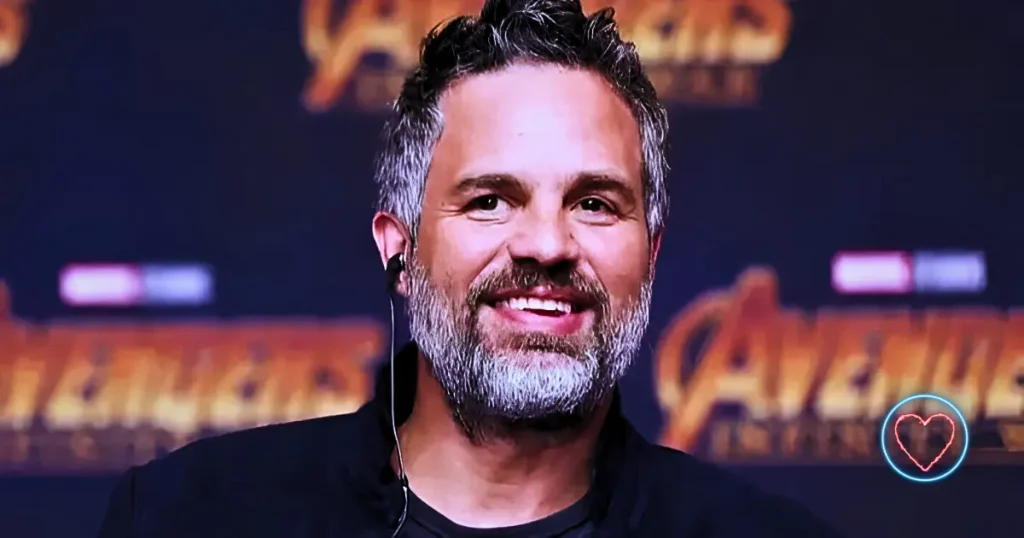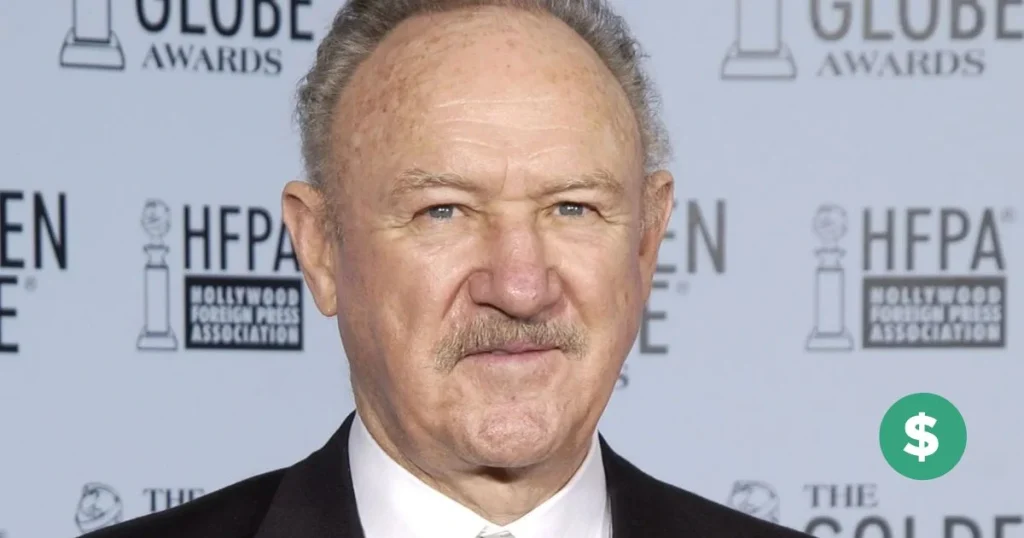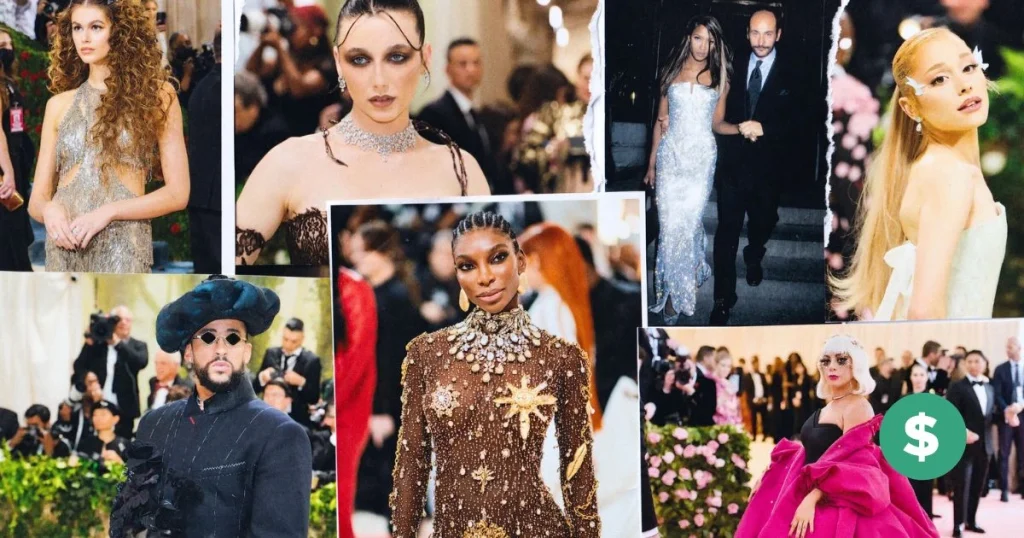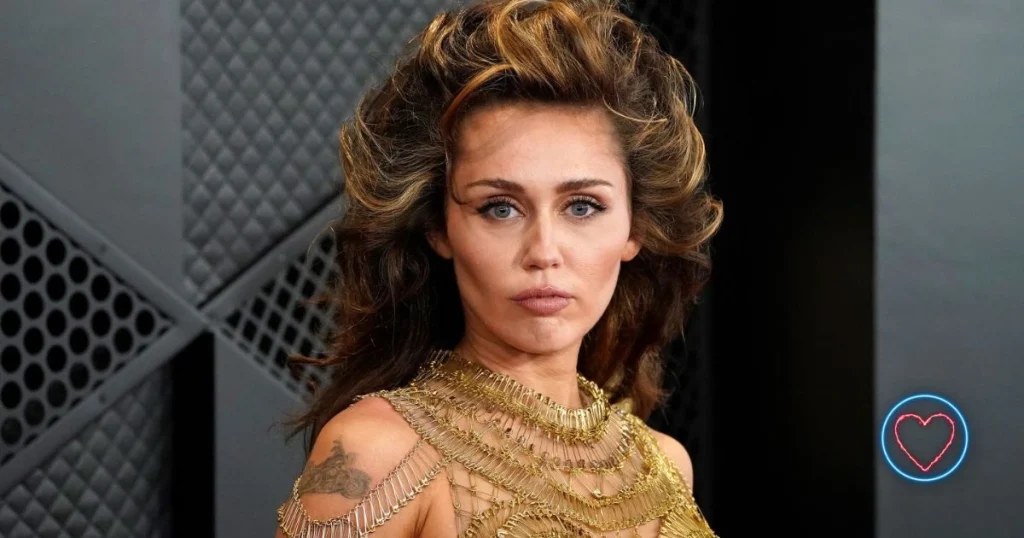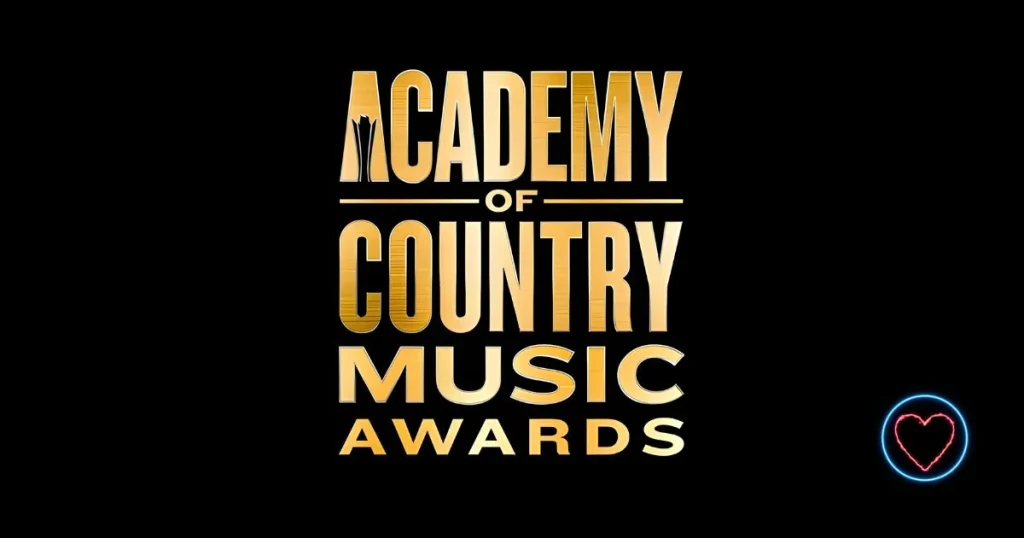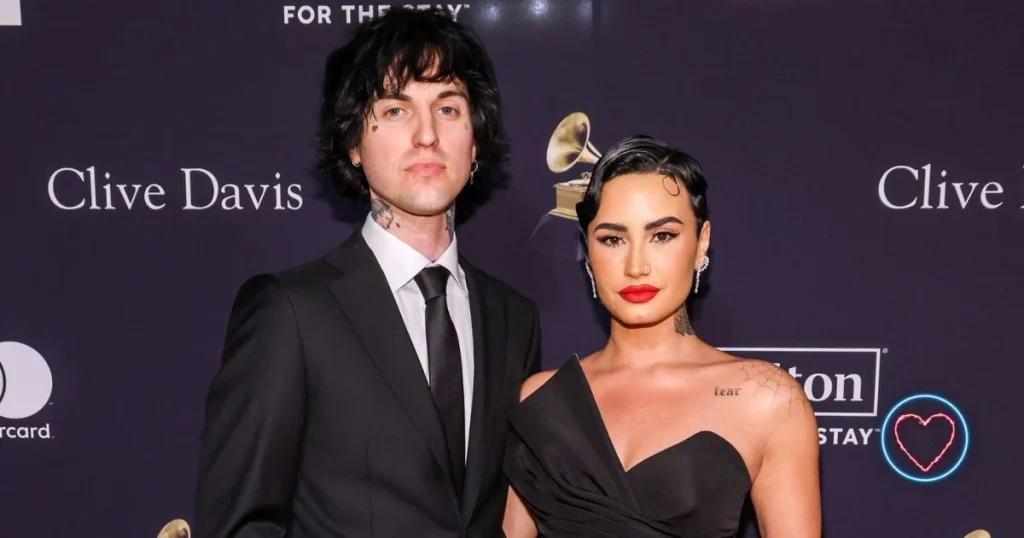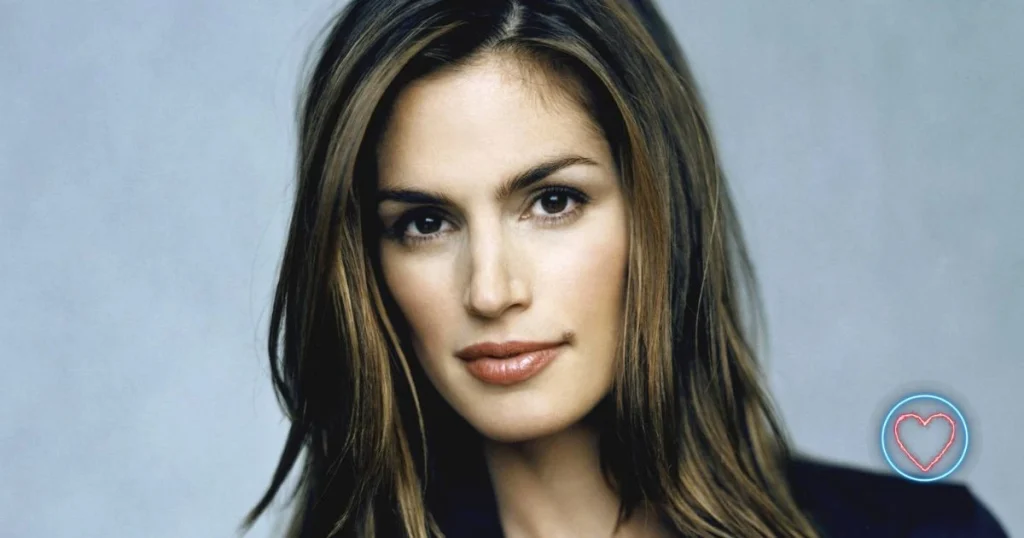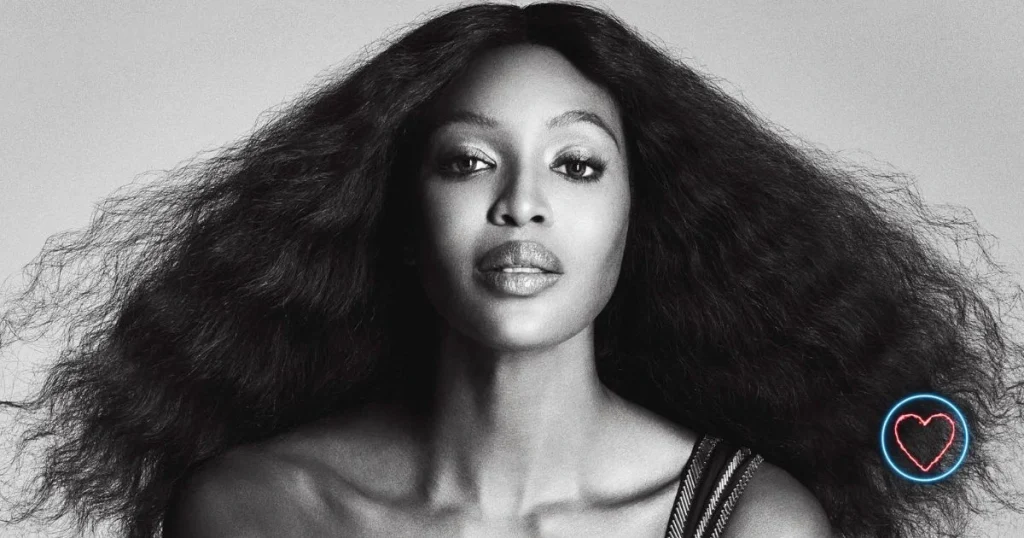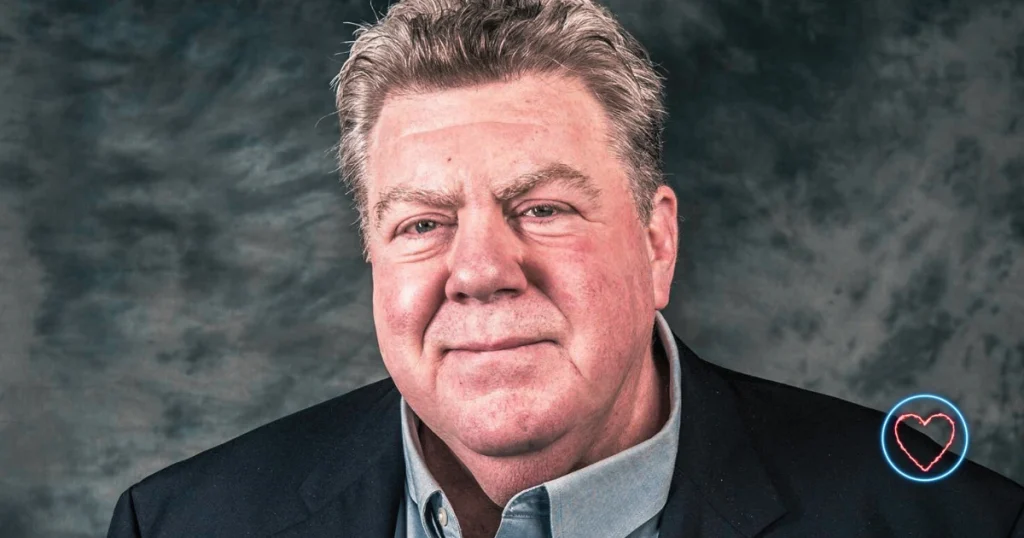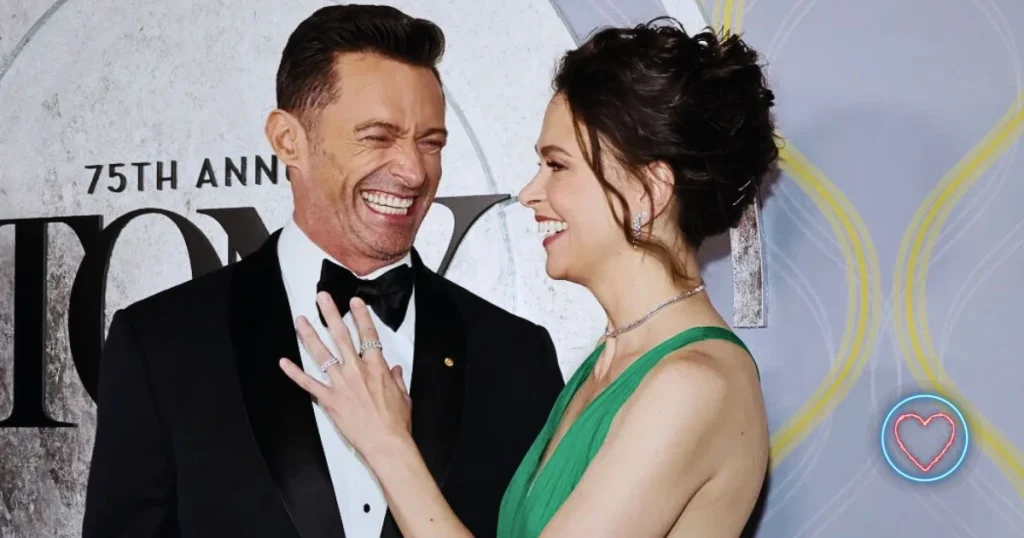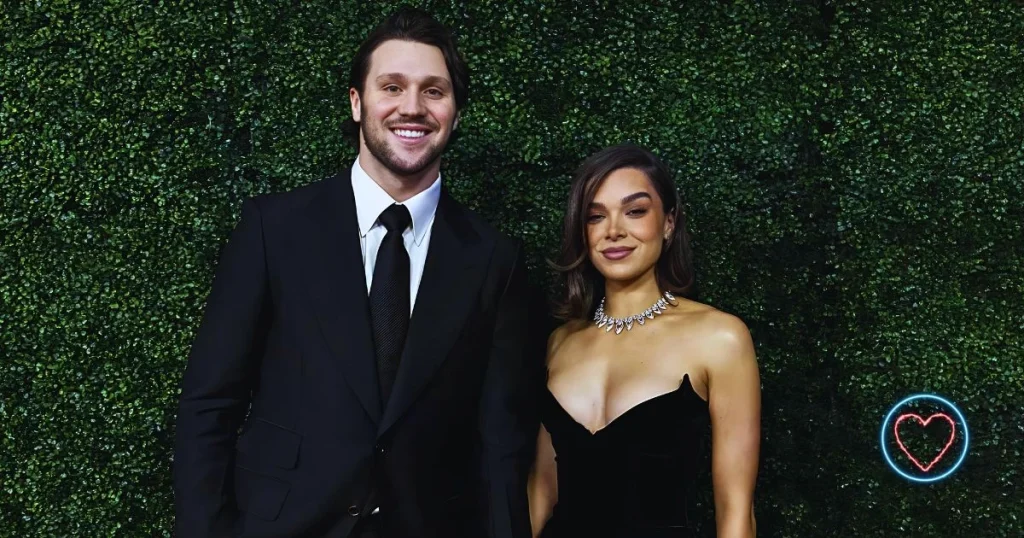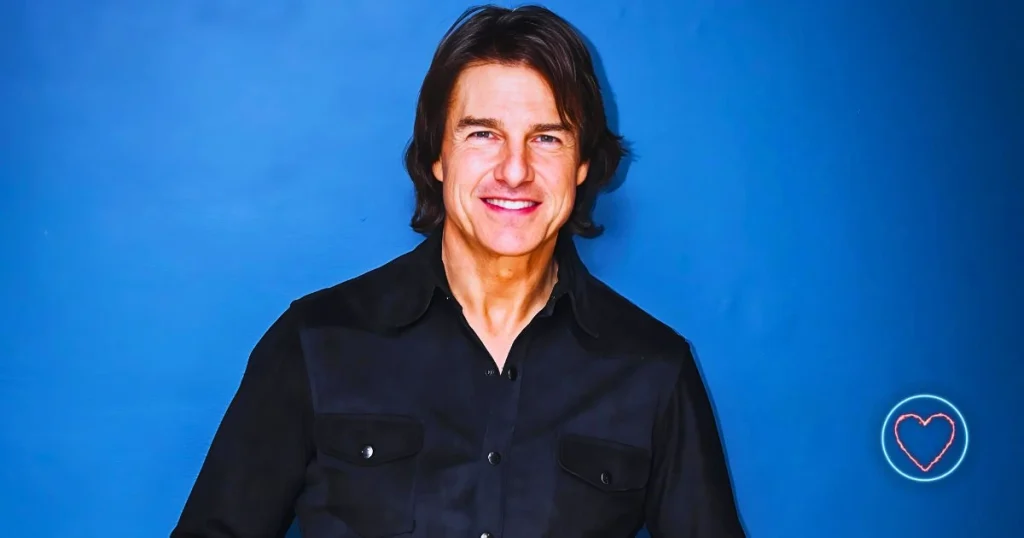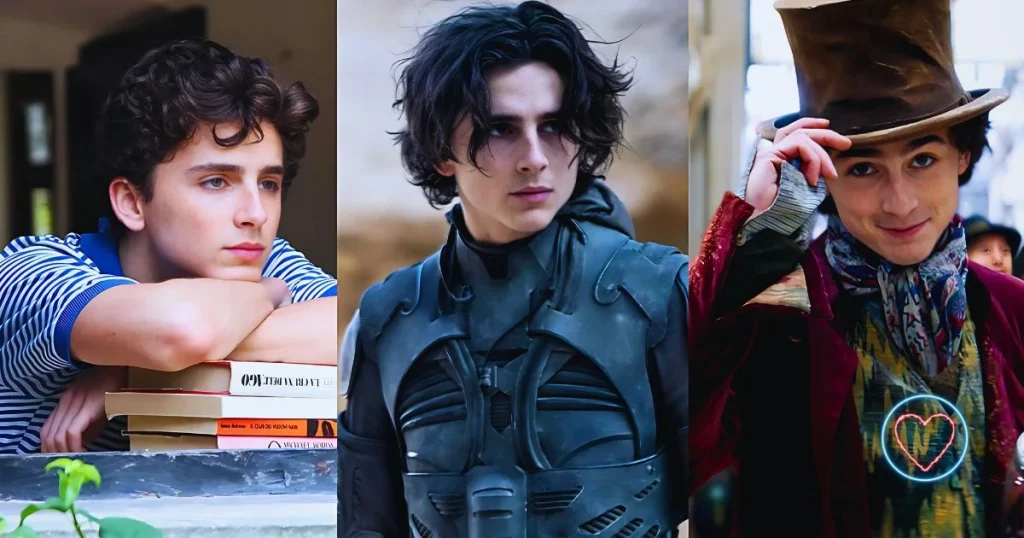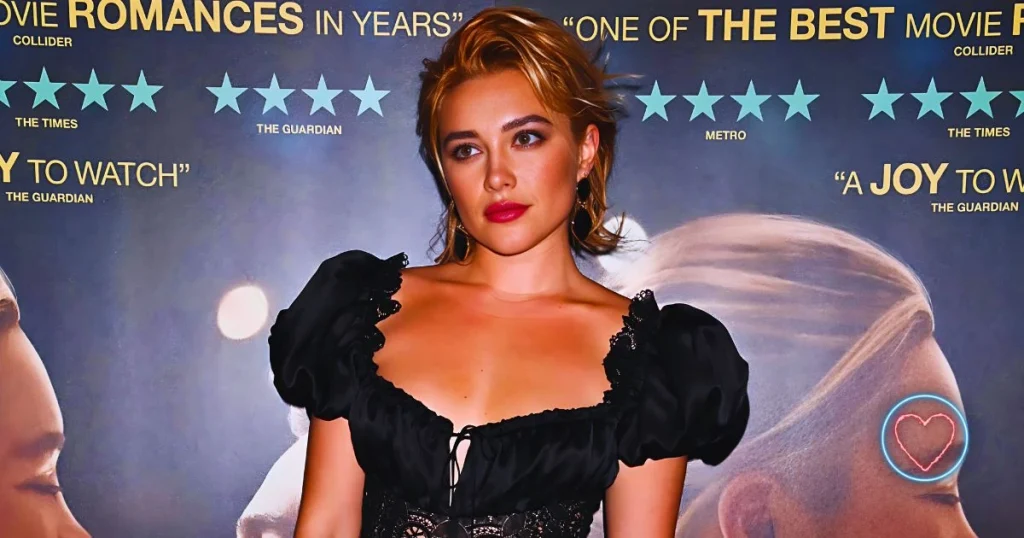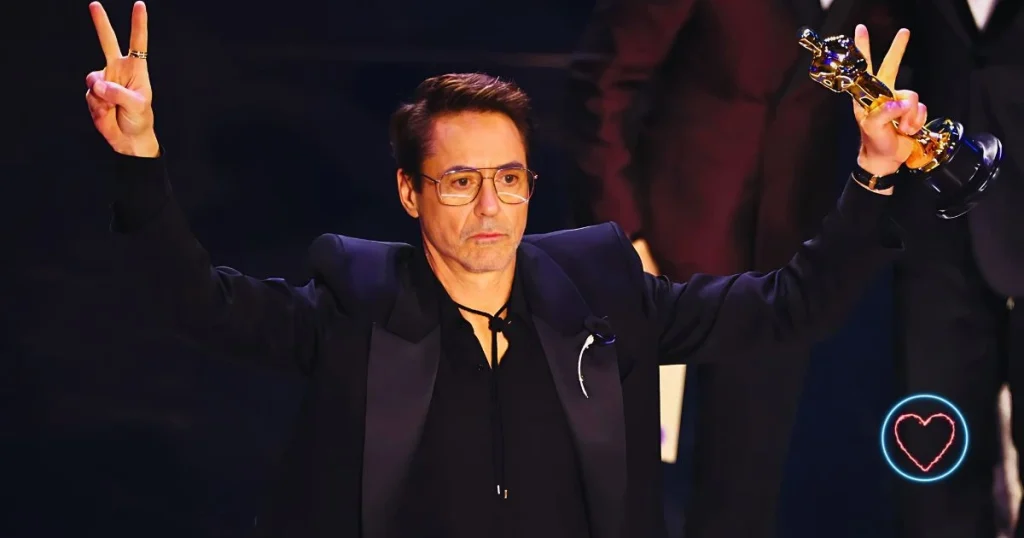Mark Ruffalo is one of Hollywood’s most respected actors, known for his versatility, humility, and powerful performances in films like Spotlight, The Kids Are All Right, and, of course, as the Hulk in Marvel’s The Avengers franchise. But beyond his acting career lies another side of Ruffalo—one that many fans admire, and others find controversial: his fierce political activism. While many celebrities engage in charitable work or advocate for social causes, Ruffalo has taken his activism to levels that, at times, have brought him dangerously close to losing roles, upsetting studio heads, and even risking his standing in Hollywood.
In a world where political statements can lead to professional consequences, Mark Ruffalo’s journey offers a suspenseful glimpse into the fragile balance between celebrity and conscience. This is the story of how his political activism put his career at risk.
The Awakening: Ruffalo’s Political Consciousness
Ruffalo’s activism didn’t arise overnight. His social and political consciousness was shaped by personal struggles, family challenges, and an increasing awareness of global injustices. Growing up in a working-class family, he was no stranger to economic hardship. Later, surviving a brain tumor in 2001 profoundly impacted his view of life and purpose, reinforcing his belief in using his platform for meaningful change.
He started speaking out on numerous issues: environmental protection, anti-fracking campaigns, corporate accountability, wealth inequality, LGBTQ+ rights, and foreign policy. Unlike many celebrities who focus on non-controversial causes, Ruffalo often waded into divisive debates that few in Hollywood dared touch.
The First Risks: Fracking and Big Oil
One of Ruffalo’s earliest and most public battles was against fracking (hydraulic fracturing), a method of natural gas extraction that has been criticized for its environmental and health consequences. In the early 2010s, Ruffalo became one of the most prominent voices in the anti-fracking movement, founding the group Water Defense.
While environmental activism is generally safe territory for many stars, Ruffalo’s aggressive stance directly targeted powerful energy companies with deep political and financial influence. His activism put him at odds not only with corporate America but also with certain political figures who backed the energy sector. Ruffalo reported receiving intimidating phone calls, facing subtle professional isolation, and losing opportunities for speaking engagements and endorsements.
In interviews, Ruffalo has admitted that his agents expressed concern that his outspoken activism could alienate industry decision-makers. After all, major studios are often backed by powerful corporate interests that may not appreciate one of their stars attacking significant economic sectors.
The Israel-Palestine Controversy: A Career Flashpoint
Perhaps the most dangerous moment for Ruffalo’s career came when he waded into the highly charged debate over Israel and Palestine. His vocal criticism of Israel’s treatment of Palestinians sparked intense backlash.
In 2021, Ruffalo tweeted support for Palestinians during the Israeli military’s airstrikes on Gaza, calling the attacks “genocide.” The tweet sparked immediate outrage. Critics accused him of spreading misinformation, being anti-Semitic, and irresponsibly fueling anti-Israel sentiment.
Though Ruffalo later walked back his use of the word “genocide,” apologizing for the inflammatory language while reaffirming his concern for Palestinian human rights, the damage was partially done. Online campaigns called for boycotts. Powerful pro-Israel lobbying groups criticized him harshly. The controversy raised questions about whether his political outspokenness had finally crossed a line that could irreparably damage his Hollywood career.
At a time when even minor social media missteps can sink careers, Ruffalo’s involvement in one of the world’s most polarizing conflicts was seen as extraordinarily risky. Industry insiders speculated whether major studios—many of which rely on global distribution and partnerships that include Israeli investors or audiences—would reconsider casting him.
Hollywood’s Unwritten Rule: Stay in Your Lane
While Hollywood presents itself as progressive, it often prefers its stars to limit activism to safe, broadly popular causes. Hunger, education, climate change, and children’s health are acceptable; divisive geopolitics are not.
Agents and publicists quietly warn actors to avoid highly polarizing topics that could alienate part of their audience or complicate international box office sales. Ruffalo, however, has defied this unspoken rule repeatedly.
His participation in movements like Occupy Wall Street and his endorsement of Bernie Sanders for president further placed him at odds with the powerful centrist establishment both in Washington and Hollywood. His critiques of capitalism and wealth inequality indirectly challenge the very structures that finance much of the entertainment industry.
At one point, Ruffalo revealed that even some of his friends urged him to tone down his rhetoric, fearing it would destroy his career. But his answer was always the same: “If I don’t speak up, what’s the point of having a platform?”
The Marvel Safety Net
One key factor that may have saved Ruffalo’s career from complete derailment is his role in the Marvel Cinematic Universe. As Bruce Banner / The Hulk, Ruffalo became an essential part of one of the most profitable franchises in cinematic history.
Marvel’s vast commercial success provided him with a degree of protection. Studios were less likely to cut ties with an actor who contributed billions in box office revenue. In essence, Marvel gave Ruffalo a buffer—a level of irreplaceability that allowed him more freedom to express political views than many of his peers enjoy.
However, even this safety net wasn’t absolute. There were whispers that his social media activism occasionally caused discomfort among Disney executives, especially as Marvel sought to expand its global market share, including in regions sensitive to his political stances.
Social Media Backlash and Online Threats
In today’s climate, political statements often ignite intense online reactions. Ruffalo’s Twitter account, followed by millions, became both a tool for activism and a lightning rod for attacks. Trolls, political operatives, and bots frequently flooded his mentions with insults, threats, and demands for boycotts.
While many fans applauded his courage, the online hostility was a constant reminder of the risks associated with his activism. At any moment, a tweet taken out of context could escalate into a major PR crisis.
His team carefully monitored his online presence, but Ruffalo remained hands-on with his account, personally writing many of his politically charged tweets. This approach allowed him to stay authentic but also increased the stakes every time he voiced an opinion.
Internal Struggles: Anxiety and Fear of Isolation
Though Ruffalo appears confident and composed publicly, he has openly discussed his struggles with anxiety and self-doubt. Speaking truth to power while knowing it could cost him everything has exacted a psychological toll.
At times, he worried about being ostracized in the industry, losing friends, or becoming unemployable. Yet, despite these fears, his moral compass continued to guide his choices. His willingness to confront that fear is part of what many find so inspiring—and suspenseful—about his activism.
The Shifting Hollywood Landscape
Interestingly, as the entertainment world slowly evolves, Ruffalo’s activism may have, in some ways, been ahead of its time. In recent years, an increasing number of actors have followed his lead, using their platforms to advocate for controversial political and social causes.
Movements like #MeToo, Black Lives Matter, and climate change protests have made activism more common—and, in some circles, even expected—within Hollywood. Ruffalo’s early willingness to take these risks arguably helped pave the way for others.
Still, the line between activism and career suicide remains thin. Hollywood continues to be a place where one wrong statement can ignite a firestorm of controversy and consequences. Ruffalo’s ability to walk that tightrope is as impressive as it is precarious.
Conclusion: The Price of Speaking Out
Mark Ruffalo’s political activism has undeniably put his career at risk multiple times. From taking on Big Oil to challenging Israeli policies and speaking out against corporate greed, his stances have stirred powerful enemies and created professional landmines. Yet, his career endures.
What makes Ruffalo’s story so suspenseful is not just the danger of cancellation, but his refusal to silence his convictions in the face of those risks. Every tweet, every speech, every interview carries the possibility of backlash. Yet, each also contributes to the growing legacy of an artist unwilling to compromise his beliefs for comfort or career security.
In an industry where many walk carefully calculated paths, Mark Ruffalo remains one of Hollywood’s true wild cards—a man whose greatest role may not be on screen, but as a voice of conscience willing to gamble everything for what he believes is right.
